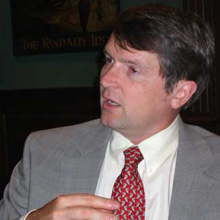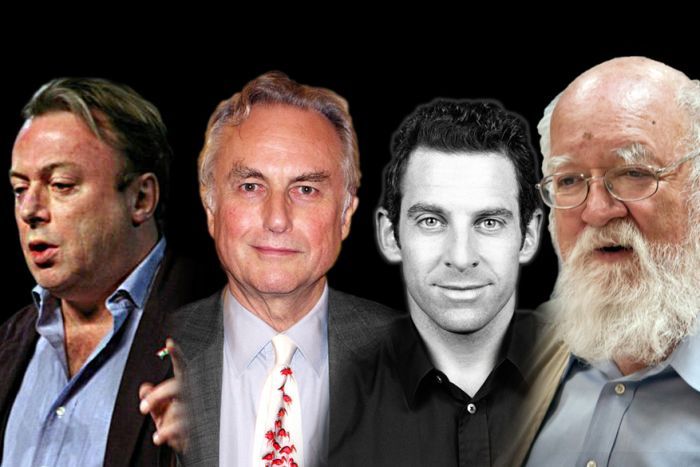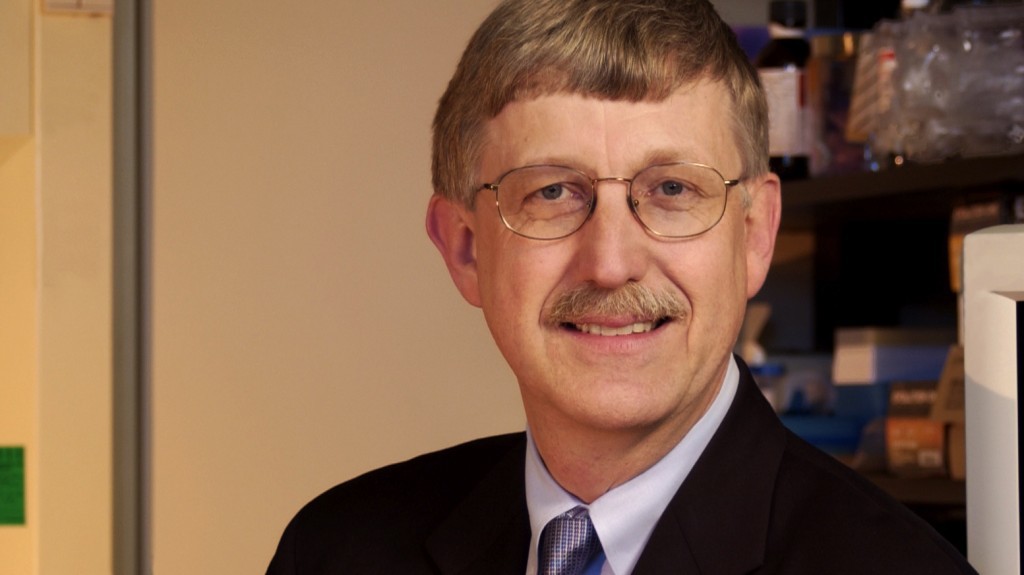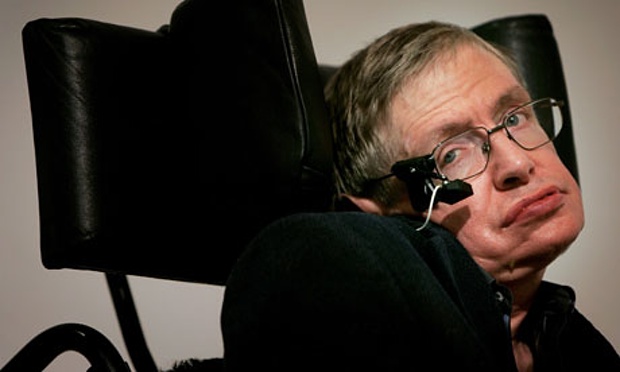
By Michael Ashcraft and Mark Ellis
A full 40 percent of scientists believe in a personal God and afterlife, according to a 1997 study.
“Although the suggestion 80 years ago that four in 10 scientists did not believe in God or an afterlife was astounding to contemporaries, the fact that so many scientists believe in God today is equally surprising,” said study organizers Edward Larson and Larry Witham, of the University of Georgia, in the journal Nature.
The duo replicated a study from 80 years ago conducted by James Leuba that shocked America at a time when faith enjoyed wide acceptance. He found that four of 10 scientist didn’t believe in God.
Leuba “predicted that more and more scientists would give up their belief in God, as scientific knowledge replaced what he considered to be superstition,” writes the National Center for Science Education in an article “Do Scientists Really Reject God?”

Leuba would be disappointed. The 1997 iteration of his poll found the percentage of faith-holding scientists remained constant through 80 years of scientific and technological advance. Science has not dislodged belief in God, and the number of theistic scientists is “impressively high,” according to the New York Times.
“The results also indicate that, while science and religion often are depicted as irreconcilable antagonists, each a claimant to the throne of truth, many scientists see no contradiction
between a quest to understand the laws of nature, and a belief in a higher deity,” the New York Times wrote.
What’s more, the narrowly-phrased questions designed by Leuba — and repeated by Larson and Witham — may have overstated disbelief, according to Rodney Stark, a professor of sociology and comparative religion at the University of Washington in Seattle, as quoted in the New York Times. Stark’s research indicates that scientists pretty much reflect the general American public when it comes to believing in God.
“To the extent that both surveys are accurate readings, traditional Western theism has not lost its place among U.S. scientists, despite their intellectual preoccupation with material reality,” Larson and Witham wrote in their study.

When broken down into disciplines, it may not be surprising that biologists register a high percentage of disbelief, giving that their study covers evolution, which purports to debunk the Genesis creation account. On the other hand, mathematicians, who see the high level of order in the universe, register a high level of belief at 44 percent.
Chemists are more likely to believe in God (41%) than physicists (29%). Younger scientists 18-34 are more likely to believe in God (42%) than older scientists 65+ (28%), according to an analysis conducted by Dartmouth Apologia.
The so-called New Atheists — biologist Richard Dawkins, neuroscientist Sam Harris and physicist Lawrence Krauss — paint the picture that science is radically anti-religious, but the new study proves the that “the current academic climate regarding the question of God is a lot more nuanced,” Dartmouth Apologia says.

Of course, citing who does or does not believe in God in mass numbers is bandwagon fallacy, but it is used frequently by militant atheists who like to tout supposed teeming ranks of academics who scoff at God. It can be reassuring to a believer that his faith is not something short of lunacy, as alleged by acerbic atheists, given that some of this country’s greatest thinkers find their faith comfortably compatible with their field of study.
Then also there’s the question of the lesser faith among the so-called “elite scientists.” According to the study, only 7 percent of members of the U.S. National Academy of Sciences believe in God. But this does not necessarily mean that scientific inquiry leads to unbelief. As Matt Young notes, “It seems more likely that freethinkers or skeptics are attracted to science than that science creates atheists.”
Young, who holds a PhD from the University of Rochester, conducted his own analysis of the the study’s data and concluded: “Does science lead to atheism? No.”




You should have read the 1998 Nature article before writing this. It was under
8%, not 40.
http://www.stephenjaygould.org/ctrl/news/file002.html
I believe this article gives a more thorough review of this space and lists some of the drawbacks (introduced biases the 98 article covered in the supplementary information which is where the devil is in the details)
http://www.dartmouthapologia.org/apologia/the-religious-beliefs-of-scientists/
Science only proves God so I’m hardly surprised there’s a growing number of God believing scientists. Circular reasoning only consistantly works on human approval seeking individuals who are ignorant to the Gospel and Christ.
No chance having in God just thinking about that threw practical knowledge
Science and religion will never correlate! Social Science anaylizes religion! Religion only criticizes science!
Comments are closed.